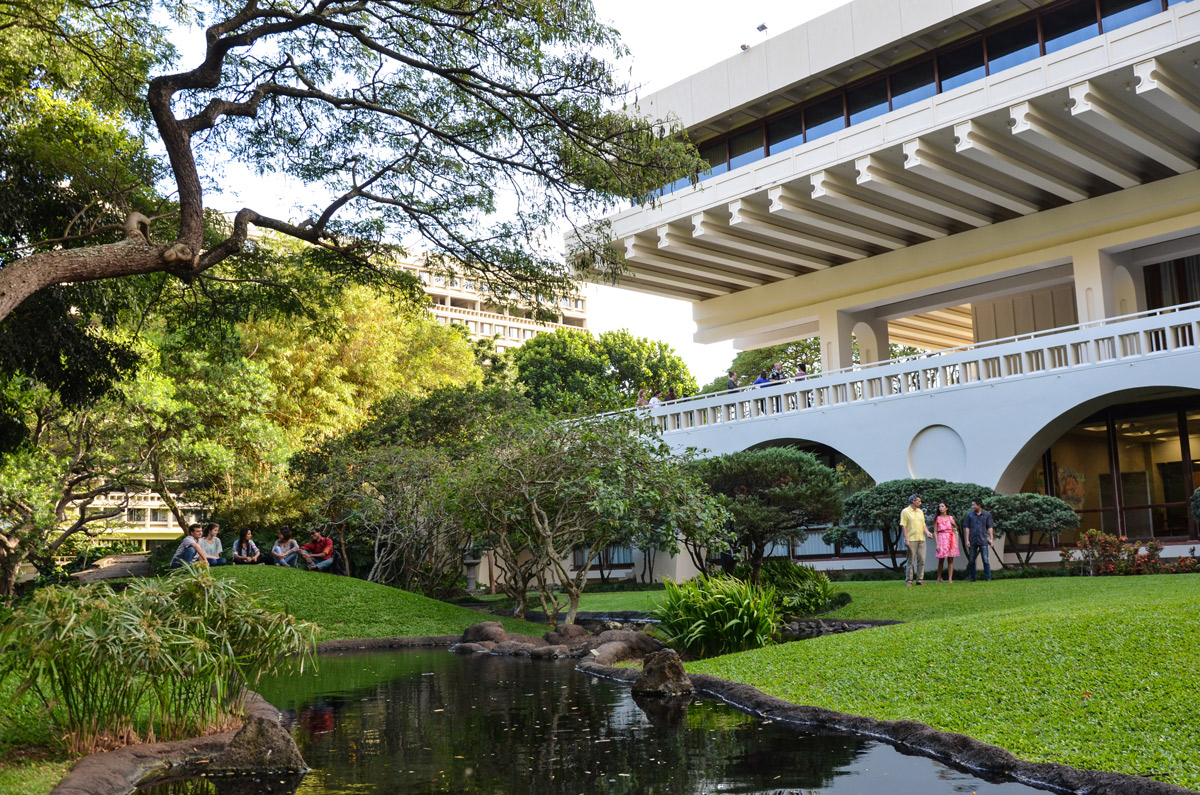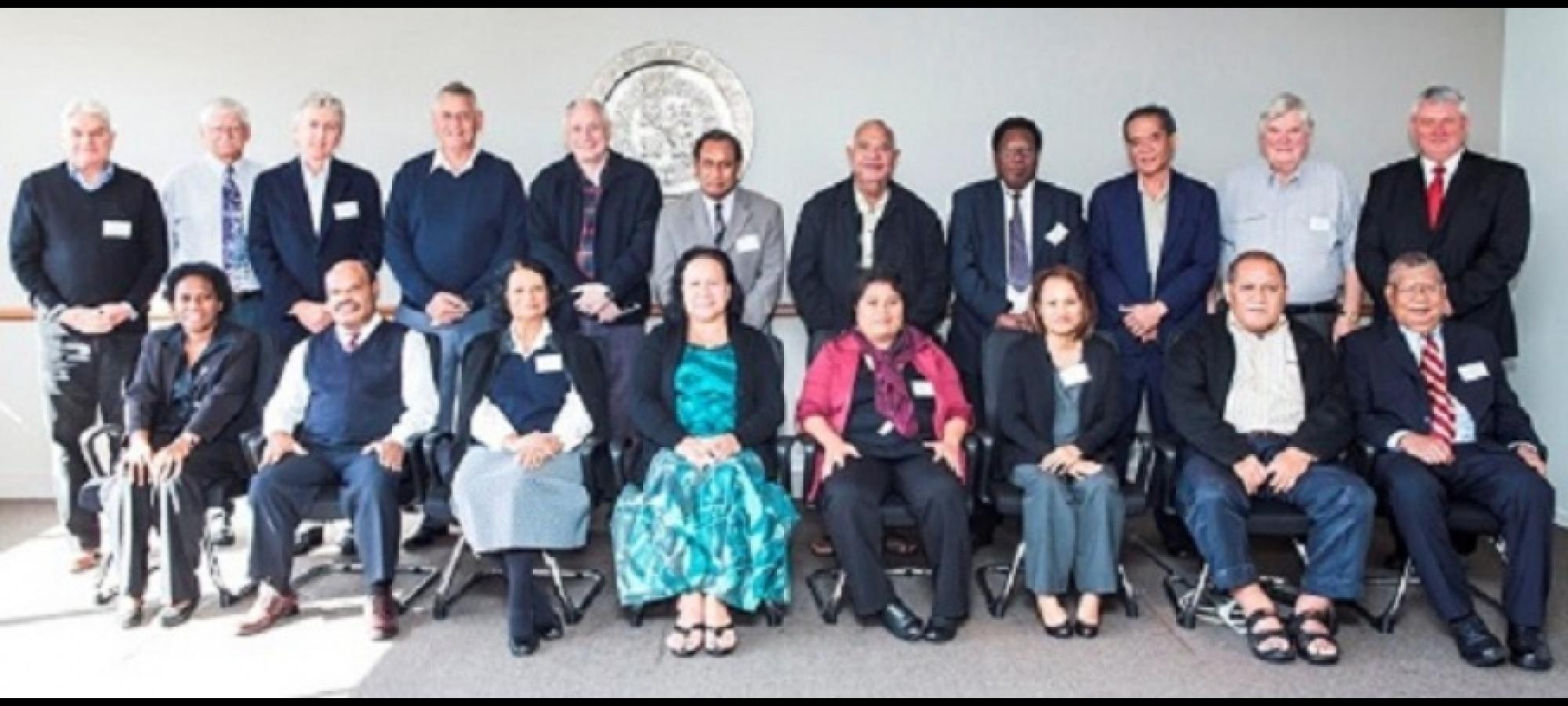East West Center part of the Blue Pacific Alliance under PROJECT Governance

About the East-West Center
The East-West Center promotes better relations and understanding among the United States, Asia and the Pacific through collaborative study, research, and dialogue. Across Asia and the Pacific Islands, and at our campuses in Honolulu and Washington DC, the Center hosts conferences, exchanges, and in-depth trainings for policymakers, educators, cultural and civil-society leaders, and entrepreneurs. The Center conducts multidisciplinary research on environmental issues, public health, demography, economic policy and geopolitics, and provides graduate degree fellowships for the next generation of leaders. The Center also hosts the Pacific Islands Development Program—the focal point of EWC programming for Pacific nations, and the seat of the secretariat of the Pacific Islands Conference of Leaders.
EWC and PROJECT Governance
The East-West Center is proud to join SPC, IFES, and CARE as part of the Blue Pacific Alliance implementing PROJECT Governance. EWC will lead four mutually reinforcing activities focused on supporting financial-governance offices and officials across the region:
- Financial Governance Training: A region-wide training program to enhance Pacific governments’ sovereign authority and law-enforcement capabilities to identify, investigate, and prosecute financial crimes, by strengthening national financial governance agencies and connecting them regionally through a Pacific Islands Financial Intelligence Network.
- Financial Media Training: Reporting tours and training programs in government investment and financial policies for Pacific investigative journalists and media professionals, expanding the independent media’s ability to inform the public on financial issues and hold governments and enforcement agencies accountable.
- PROJECT Governance Graduate Fellows: Equipping a core group of exceptional Pacific governance leaders through graduate degree fellowships for advanced degrees in management and finance.
- Blue Pacific Governance Gateway: An online platform to support, synergize, and sustain the full array of PROJECT Governance initiatives. The Gateway will serve as a digital meeting place and resource for networking, communications, and capacity development, and as the portal for sharing the digital tools and data developed across the project.
For more information about the East-West Center and PROJECT Governance, please contact us at [email protected].






